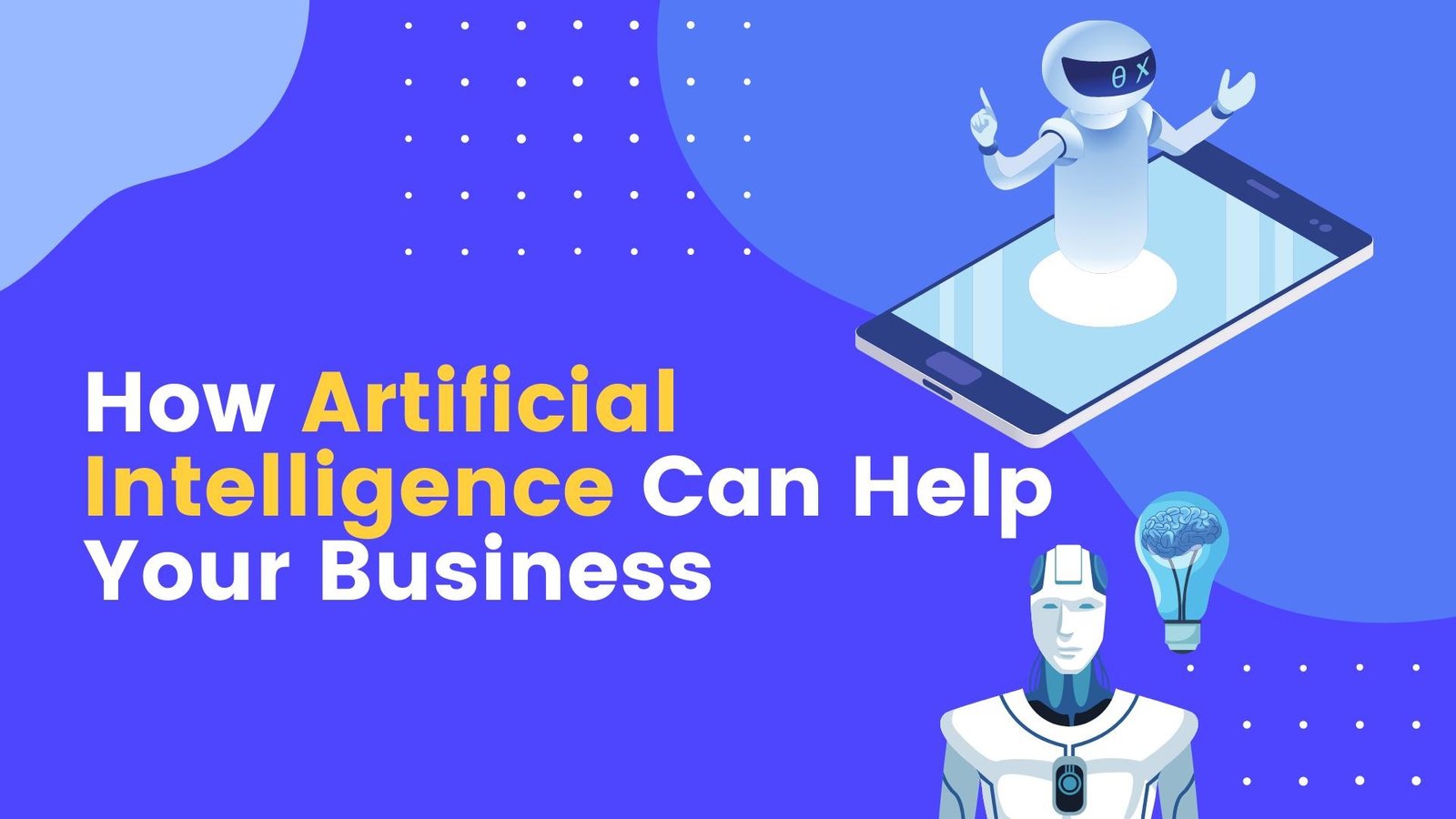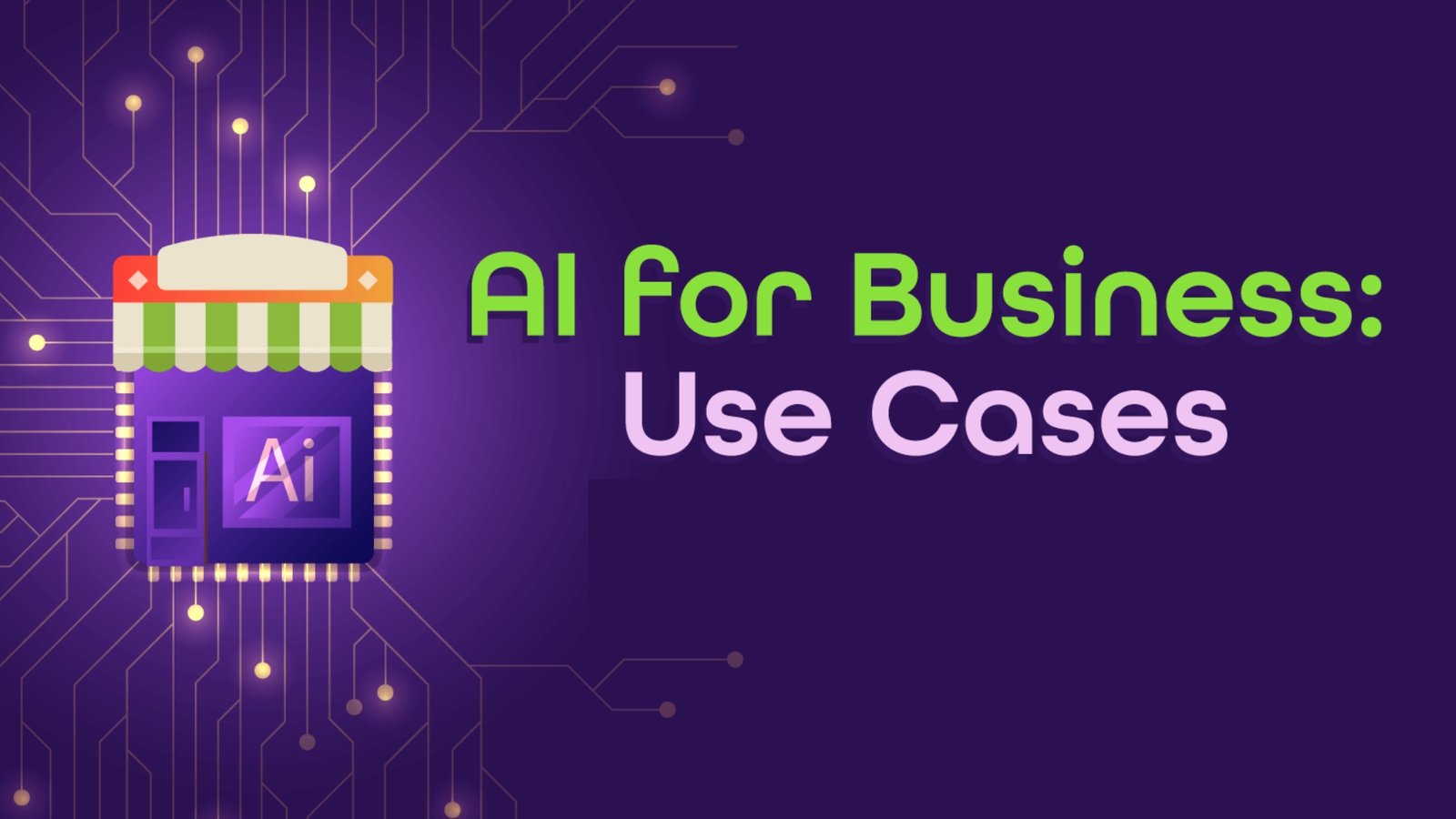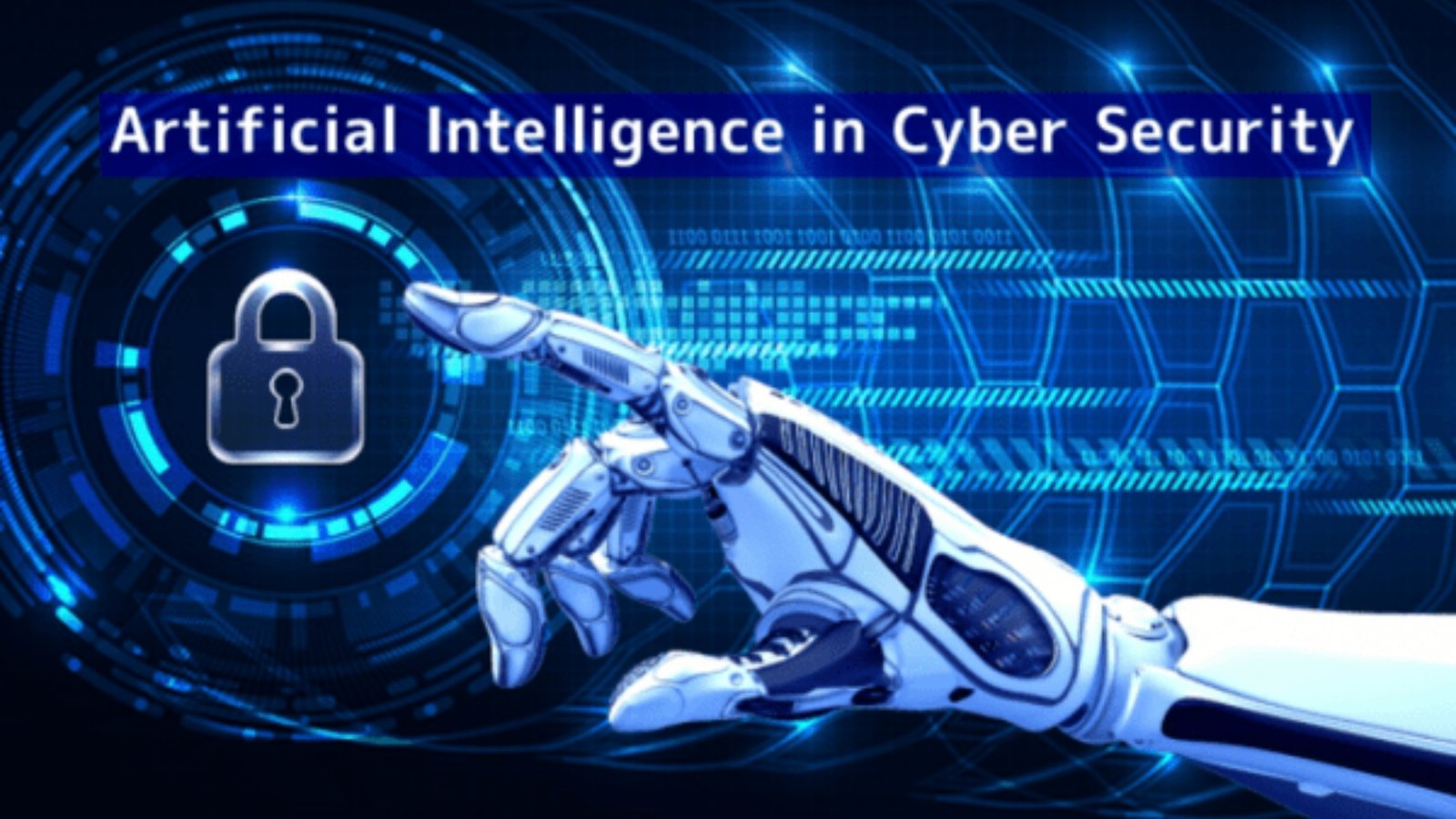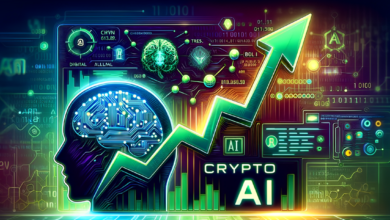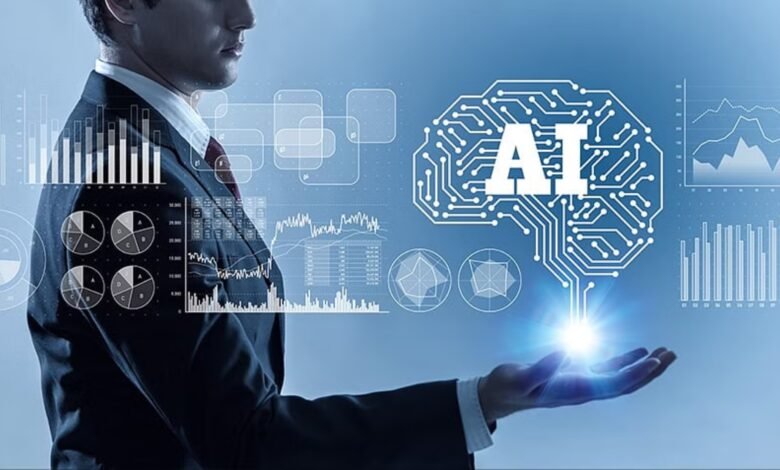
Artificial intelligence (AI) has become a potent change agent with the increasing need for digital transformation. Artificial intelligence (AI) allows companies to find new ways to improve efficiency and productivity in internal processes and customer interactions. Beyond the benefits of automation, AI has far-reaching potential in the corporate world. According to IBM, nearly 58% of companies globally use AI to become more efficient and save costs.
Also, 83% of companies that have used AI have said they’ve seen moderate to significant benefits. Organizations can benefit from artificial intelligence by using their data and resources better and technology more intelligently. We may learn about AI’s advantages for companies and look at examples of how AI has been successfully used.
How Can Artificial Intelligence Help Businesses?
Businesses can benefit from AI in several ways, including increased growth, efficiency, and creativity. Most business-related AI applications are centred on how AI can automate mundane, repetitive jobs. Further, AI aids companies in analyzing consumer data, optimizing supply chain processes, and making good use of predictive analytics. Detecting fraud, analyzing financial data, and automating HR operations are all use cases that can benefit from artificial intelligence.
There will be new use cases developed as artificial intelligence technology develops further. By utilizing the developments in AI, businesses can uncover fresh avenues for innovation. Some of the most salient advantages of AI for enterprises are as follows:
Improvement in Efficiency
Automating mundane operations is the most visible way artificial intelligence helps firms. As a result, AI plays an increasingly important role in corporate operations, freeing workers to concentrate on high-value, challenging tasks. Consequently, AI can guarantee increased efficiency and productivity, leading to decreased costs.
Customer Experience Enhancements
Businesses can also benefit from AI’s assistance in creating customized client experiences. Chatbots and other AI-powered business examples demonstrate how AI may be used to create a more personalized experience for customers. Automated chatbots can provide instantaneous responses to consumer inquiries. Conversely, recommendation systems are another well-known AI application that uses consumer behaviour data to propose goods and services.
Prospects for Innovation
Regarding innovation, artificial intelligence may greatly assist businesses as they create new products and services. Companies can use AI to foresee market shifts and identify untapped niches regarding product or advertising strategy. Understanding client needs and the latest market trends is another area where AI can be useful for businesses. This allows companies to respond to consumers’ ever-evolving demands by creating cutting-edge products and services.
Better Decision Making
Ensuring improved decision-making ability is another significant advantage of AI for companies. To gain insights into market trends and client behaviour, artificial intelligence can assist with data analysis and pattern detection. To keep ahead of the competition, AI-driven insights can help you account for one more component in decision-making.
Use Cases of AI in Business
Multiple use cases of AI exist in different industries, with distinct impacts on various business functions. Here is an overview of the other use cases of AI in Business.
Artificial Intelligence and Customer Service
Implementing AI chatbots is among the most prominent advantages of AI in corporate operations. AI-powered chatbots and virtual assistants can provide clients with quicker and more precise responses to their inquiries. As a bonus, it can make customer care representatives’ lives easier and improve customer experiences. The KLM case study, Royal Dutch Airlines, is an excellent example of an airline that uses AI chatbots for customer care.
To provide accurate responses to consumer inquiries, KLM utilized an artificial intelligence chatbot on the Facebook Messenger platform. Booking confirmation, refunds, and baggage allowances are just a few topics the chatbot can cover. As far as KLM is concerned, the AI chatbot can now automatically respond to over 60% of consumer inquiries.
AI in Sales and Marketing
The list of AI use cases in business also includes examples of utilizing AI to generate tailored marketing campaigns. AI can enhance sales and marketing efforts by thoroughly analyzing client data and behavioural patterns. Using AI, businesses may better gauge which consumers are most likely to purchase or react positively to advertising initiatives. Coca-Cola is one of the most prominent companies that uses AI in its marketing and sales efforts.
The company’s digital marketing efforts were optimized by using Albert, an AI-based marketing platform. One well-known application of AI in business is Albert, which uses machine learning algorithms to analyze client data. It can potentially improve digital marketing initiatives by drawing conclusions and spotting trends in consumer data. It can, for instance, react in real time to shifts in consumer tastes and actions by adjusting advertising campaigns.
Artificial Intelligence for Supply Chain Improvements
Promising applications of AI can also be found in supply chain management; by predicting demand and detecting interruptions, artificial intelligence aids in optimizing supply chain operations. Consequently, businesses can get suggestions for the best shipping and delivery routes. One of the most well-known examples of a supply chain management company using AI is UPS.
Its logistics platform, ON-Road Integrated Optimization and Navigation (ORION), is built on artificial intelligence. With the help of ORION, UPS has optimized delivery routes and increased overall efficiency. Using machine learning algorithms, ORION analyzes data from several sources, including weather forecasts, traffic patterns, and customer records. Therefore, it may allow real-time adjustments and produce ideal delivery routes for drivers.
Artificial Intelligence and Healthcare
The use of AI has also facilitated game-changing developments in medical treatment. Examining how AI aids in analyzing patient data to develop individualized treatment plans might shed light on the function of AI in healthcare-related commercial applications. For example, AI can be used in medical image analysis by utilizing computer vision to spot possible health problems.
Watson Health by IBM is the finest example of artificial intelligence in pharmaceuticals. Watson for Oncology is a new AI-powered platform that IBM has developed. Medical practitioners will find it helpful in working with cancer patients during diagnosis and therapy. Watson for Oncology analyzes large amounts of patient data using ML techniques and natural language processing.
In the context of particular patients, it can aid in generating therapy recommendations tailored to their unique needs. Healthcare professionals have widely praised Watson for Oncology for its groundbreaking capabilities in improving the accuracy of cancer diagnosis and therapy.
AI Strengthens Cybersecurity
The use of AI can significantly enhance cybersecurity threat detection and response capabilities. The most significant benefit of utilizing AI to address cybersecurity issues is enabling real-time management of security threats. Analysis of network traffic and detection of suspicious activity patterns are also on the list of AI in Business that aim to boost cybersecurity. With the use of AI, security personnel can be alerted and prepared before a breach ever occurs.
Regarding cybersecurity AI, Darktrace is head and shoulders above the others. The Enterprise Immune System is a cybersecurity platform developed by this company using effective AI. The Enterprise Immune System was created to assist enterprises in detecting and responding to cybersecurity issues in real-time. Network traffic, system logs, and user behaviour are some of the data types that machine-learning algorithms examine. It has helped spot suspicious behaviour and possible dangers before they can do serious harm.
Artificial Intelligence and Innovation in Energy Management
Energy management is only one of several sectors that might benefit from artificial intelligence’s new possibilities. AI can help optimize energy usage by predicting energy demand and locating areas for reduction. For instance, artificial intelligence may help optimize building HVAC systems, reducing energy expenses.
When it comes to AI in Business and ML to back up better energy management, Enel is at the forefront. Enel X, the energy company’s latest AI-based energy management platform, uses ML algorithms. Energy production and consumption statistics, market information, and weather patterns may be analyzed using ML algorithms. Optimizing energy distribution and consumption is made easier with the real-time insights generated by Enel X regarding patterns of energy demand and consumption.
Artificial Intelligence and Legal Improvements
With AI’s assistance, firms can enhance their legal systems by conducting thorough legal research and reviewing relevant documents. Examining contracts is necessary when considering AI in Business for legal considerations. Proactively identifying possible concerns with AI can facilitate addressing legal potholes with little complexity. For those interested in AI in the legal field, eBrevia is the go-to example.
It has developed an AI-powered platform for contract analysis that assists legal firms and corporate legal departments in automating the contract assessment process. The software analyzes contracts and extracts important details using ML algorithms and NLP. For instance, it can detect modifications to termination provisions, indemnification agreements, and control clauses. Along with suggesting solutions, the technology may detect contract flaws and problems.
AI and Enhancing Education
Artificial intelligence (AI) is a powerful instrument for changing the face of education. Customizing system learning experiences is becoming more critical as the industry uses AI. Machine learning algorithms may sift through training data and provide specific suggestions. AI can assist with tasks such as making content recommendations to students based on their interests and learning styles.
Of course, Carnegie Learning would be the starting point for any list of AI-based educational examples. One of its products, Mika, is an AI-powered platform for teaching mathematics. The company is in the field of educational technology. All learners can take advantage of Mika’s customized learning experiences. In doing so, it provides pupils with tailored recommendations and comments based on their learning habits. According to students and teachers who have used Carnegie Learning, student involvement has markedly increased. Mika has quickly become a go-to resource for students looking to boost their mathematical competence and self-assurance.
AI Optimizes Agriculture
Artificial intelligence is a potent instrument in the agricultural industry. Its primary goal is to improve agricultural yields. Machine learning can aid in analyzing meteorological, horticultural, and soil data, so it can figure out when it’s best to sow seeds and when to harvest the produce.
Blue River Technology’s use case best illustrates artificial intelligence in agriculture. The company developed See & Spray, an AI-powered crop management solution. The method aids farmers in maximizing crop yields with little herbicide usage. To guarantee accurate plant identification and targeting in the field, See & Spray employs machine learning and computer vision.
Conclusion
Optimal use of accessible data is at the heart of AI’s application in business across all industries. Every company creates and handles Massive volumes of data, often without anybody noticing. Nonetheless, AI aids in making the most of company data to offer a solid base that drives companies forward in the future. One aspect of AI use cases in business is enhancing existing systems and processes.

